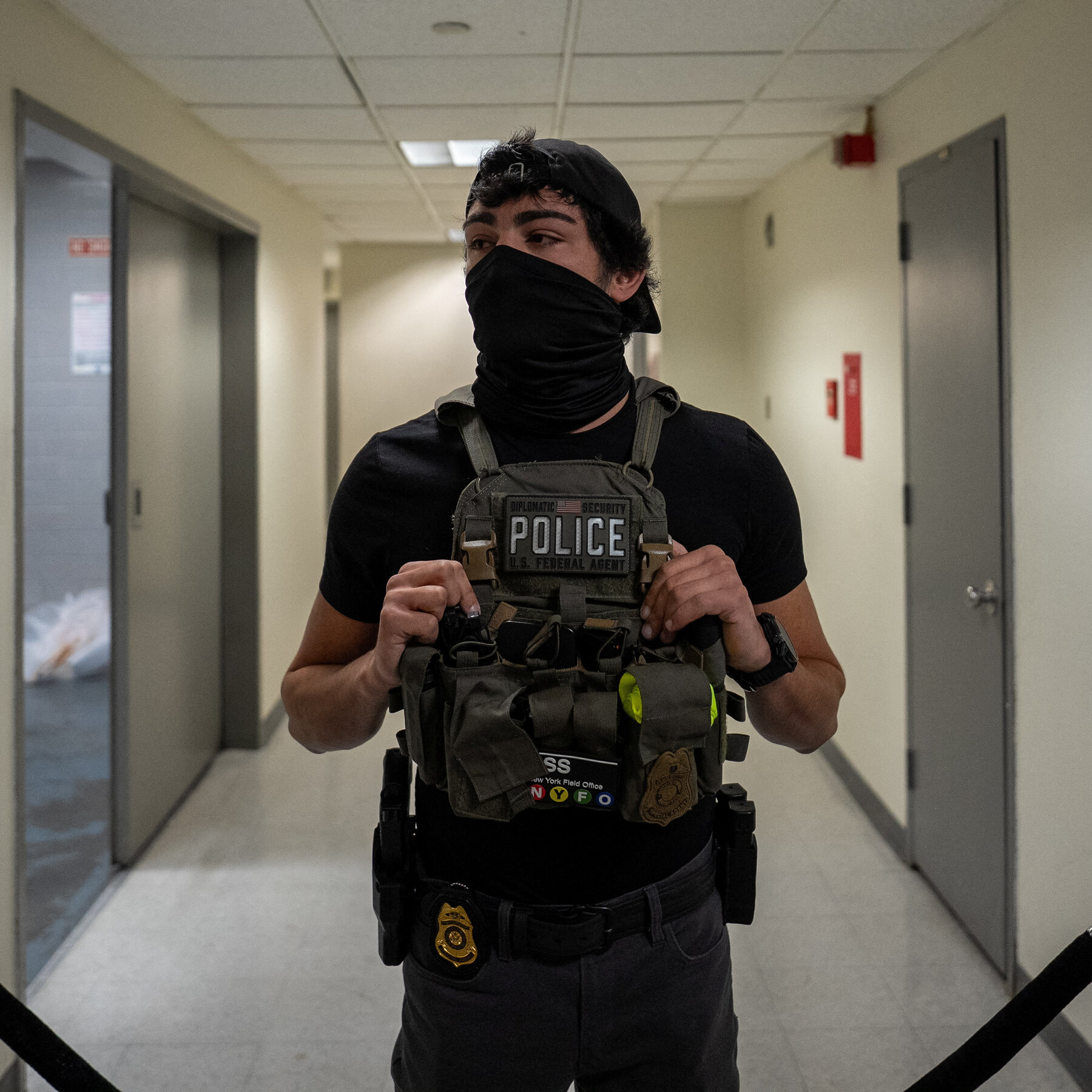The issue of whether agents from Immigration and Customs Enforcement (ICE) should be allowed to wear masks while conducting enforcement operations is a point of significant contention, with legal experts, civil rights advocates, and government officials all offering different perspectives. The debate centers on balancing agent safety and accountability to the public.
Opponents of the practice argue that masked agents operate with a dangerous lack of transparency. The American Civil Liberties Union (ACLU) and other legal and immigrant rights advocates have expressed alarm, stating that the use of masks makes it difficult to hold agents accountable for potential abuses of power or violations of constitutional rights. They argue that masked law enforcement officials, often in plain clothes and unmarked vehicles, create a climate of fear and can be confused with impostors, which puts the public at risk. A number of state attorneys general and lawmakers have joined this chorus, with some states introducing legislation that would prohibit the practice. These critics draw a parallel between the use of masks by ICE and the tactics of secret police in authoritarian regimes.
On the other side of the debate, officials from the Department of Homeland Security and ICE, including Acting Director Todd Lyons, have defended the policy, stating that it is a necessary measure to protect agents and their families. They claim that agents face an increased risk of doxxing and harassment as they carry out enforcement actions. While Lyons has stated that he is not a "proponent" of masks, he has affirmed that he will continue to allow the practice to ensure the safety of his personnel. The agency maintains that its agents identify themselves verbally and use marked vehicles, though witnesses and video evidence have often contradicted this.
A growing number of cities and states are taking action to address the issue. Bills have been introduced in several states, including New York and California, that would ban or severely restrict the use of masks by federal agents during routine enforcement operations. These legislative efforts often include exceptions for undercover work or for medical and health reasons. The debate is further complicated by a few high-profile cases of individuals impersonating ICE agents to commit crimes, a trend that critics argue is directly enabled by the agency's practice of allowing agents to obscure their identities.



 Uncategorized
Uncategorized 21 Jul, 2025
21 Jul, 2025 Luna Adams
Luna Adams